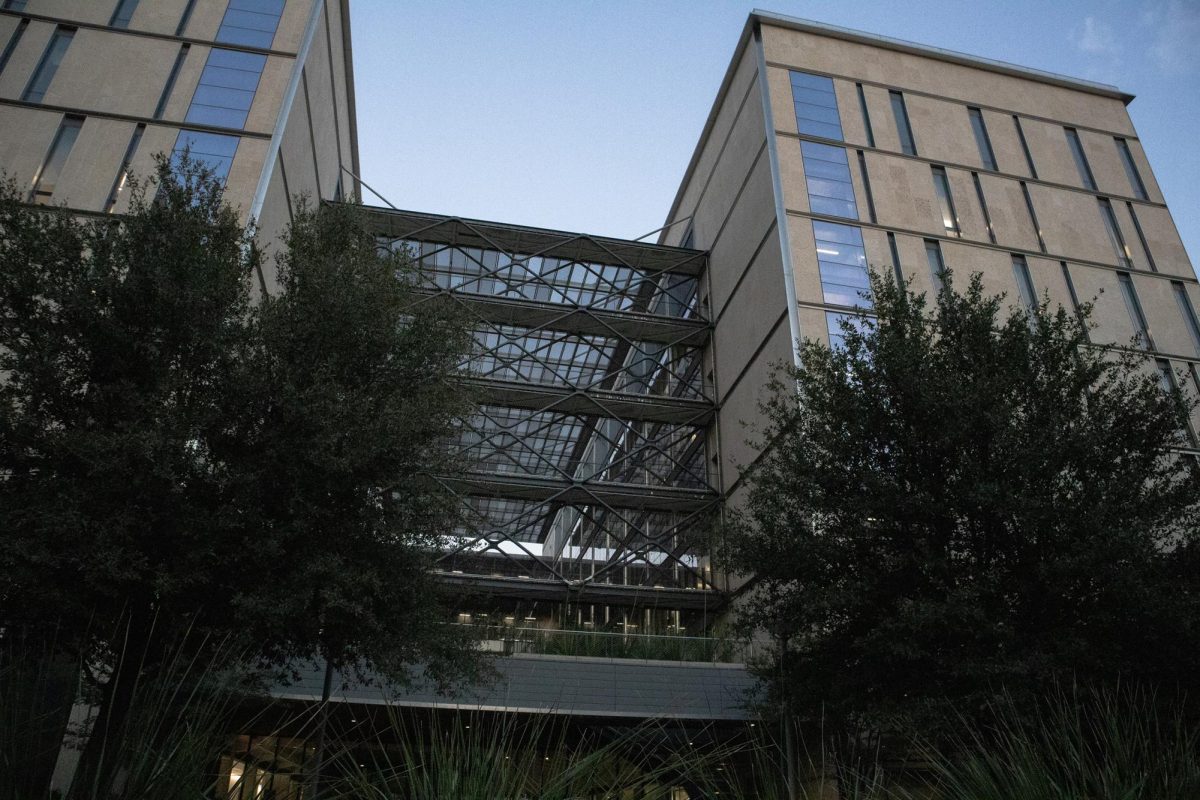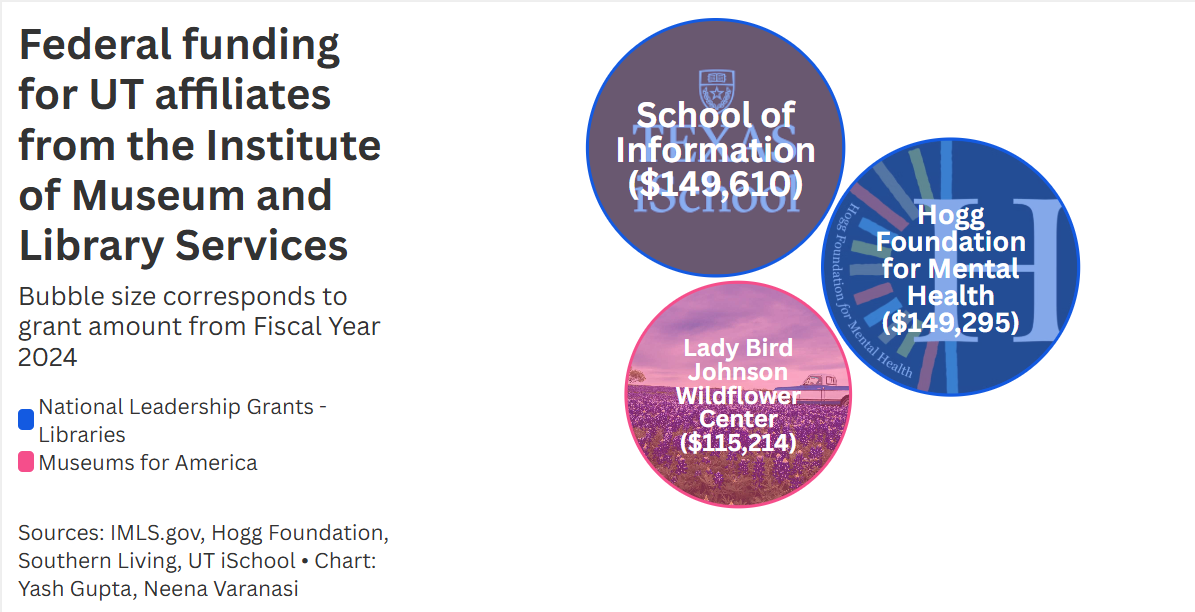Faculty from the Cockrell School of Engineering participated in winning projects at the Future of Semiconductors competition, which aimed to develop and advance the technology, according to a Sept. 25 press release.
The competition, sponsored by the National Science Foundation, awarded $42.4 million to 23 projects for the program, four of which included UT researchers, according to the press release.
“Innovation in semiconductor research is crucial to the future of our global competitiveness in modern electronics, computing and supply chains,” an NSF spokesperson said in an email. “These investments are not only supporting the future of semiconductors as a driver of our economy but also our national security.”
Chih-Hao Chang, associate professor of mechanical engineering, is part of a project to develop chips with better resolution and higher performance while also reducing their complexity.
“We do everything in a single step,” Chang said. “So we’re doing the patterning and the device all in one.”
Jean Anne Incorvia, associate professor of electrical and computing engineering, said she is part of a project that focuses on improving “probabilistic computing using magnetic materials.”
“One thing I’m really excited about is this project brings together all these different leaders in this field we call magnetism,” Incorvia said. “Everybody will work on magnetism, and more specifically, spintronics, which is applying magnetism to computing.”
Both professors emphasized the importance of collaboration in their respective projects and the nature of codesign.
“We’re not operating alone,” Incorvia said. “There’s four (principal investigators) on this team, so it’s going to be a big group effort requiring a lot of collaboration in both us, our graduate students and postdocs.”
The projects also hope to provide workforce training, creating opportunities for students to become more involved in the semiconductor industry. One project hopes to work specifically with communities underrepresented in STEM, including women, minorities and first-generation college students, according to the press release.
Chang said the researchers want to highlight the growing importance of the industry through these projects.
“This allows us to tackle more difficult problems that are more interesting and have a much higher impact,” Chang said. “So we’re very excited about this project.”














